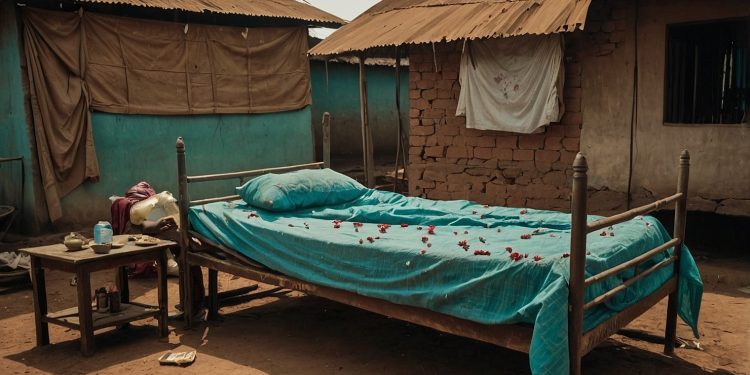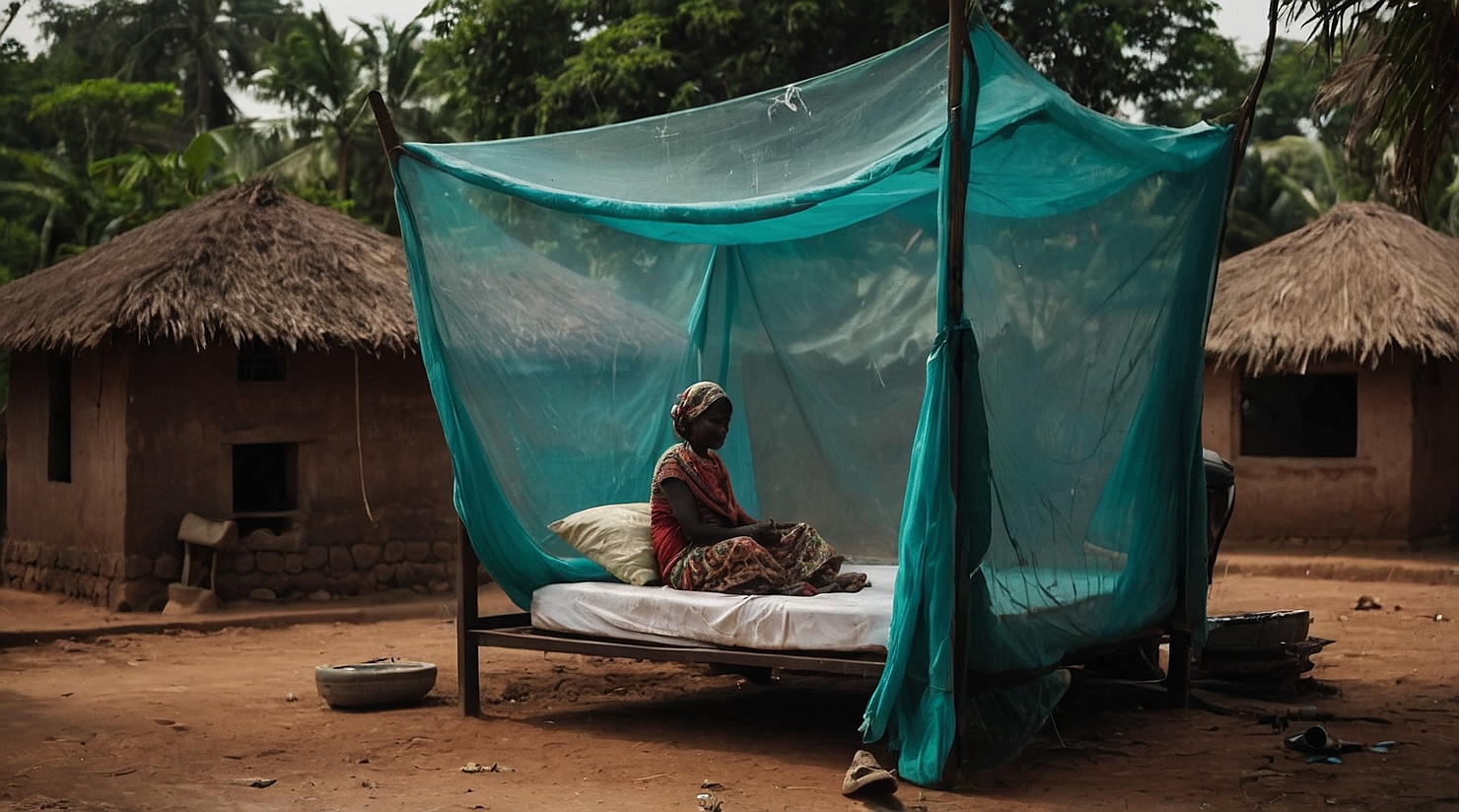Introduction
In a recent report by the World Health Organization (WHO), it was revealed that approximately 20,000 people die from malaria every year. Global health leaders are intensifying their efforts to combat malaria and promote health equity worldwide. Despite significant strides in the past, the battle against malaria has reached a critical juncture, with progress stalling in recent years.
The Persistent Threat of Malaria
Malaria remains a persistent threat, disproportionately affecting vulnerable populations such as:
- Pregnant women
- Young children
- Refugees
- Migrants
- Indigenous Peoples
These groups face barriers to accessing essential malaria prevention and treatment services, perpetuating cycles of inequity and hardship. Pregnant women are at heightened risk due to lowered immunity, increasing susceptibility to severe malaria and associated complications like maternal death and low birth weight.

Key Actions for a Malaria-Free World

Key Actions for a Malaria-Free World
To achieve a malaria-free world and ensure health for all, the World Health Organization (WHO) and its partners emphasize the following key actions:
1. Ending Discrimination and Stigma
Combatting stigma associated with malaria to ensure equitable access to healthcare services.
2. Community Engagement
Empowering communities in decision-making processes to tailor malaria interventions to local needs.
3. Strengthening Primary Healthcare
Bringing healthcare services closer to communities to improve access and coverage, including malaria prevention and treatment.
4. Addressing Malaria Risk Factors
Implementing targeted interventions to reduce malaria transmission and enhance resilience among vulnerable groups.
5. Universal Health Coverage
Integrating malaria control measures into universal health coverage frameworks to ensure sustainable and comprehensive healthcare services.
Comprehensive Approach to Address Malaria
Addressing malaria goes beyond medical interventions; it requires a comprehensive approach that:
- Tackles social inequalities
- Strengthens health systems
- Empowers communities
By uniting efforts globally and locally, we can overcome the barriers that perpetuate malariaтАЩs grip on vulnerable populations and strive towards a healthier, more equitable future for all.
Conclusion
In conclusion, the fight against malaria demands a multi-faceted strategy that not only focuses on medical solutions but also addresses the social determinants of health. Through concerted global and local efforts, we can build resilient health systems, empower communities, and ultimately achieve a malaria-free future. Together, we can ensure that no one is left behind in the pursuit of health equity and a world free from malaria.
References
- World Health Organization (WHO) Malaria Report
- Global Health LeadersтАЩ Initiatives on Malaria
- Community Engagement and Health Equity Resources







